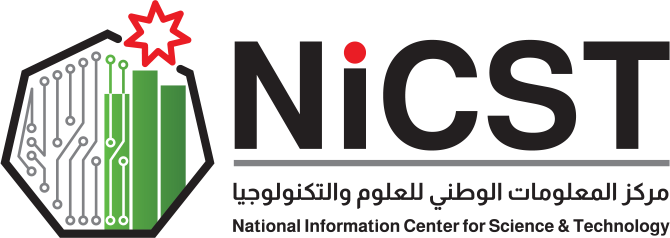
Amman, November 1st (Petra) - His Royal Highness Prince Hassan bin Talal, President of the Arab Thought Forum, said, "Zakat is a practical expression of dignity and human brotherhood as it enhances collective spirit, charity, and compassion." He emphasized, during his sponsorship of a dialogue session titled "Global Zakat: Institutional Dimensions and Representations - Towards a Global Zakat and Human Solidarity Institution," held yesterday, Monday, the importance of viewing Zakat as a key to building the threshold of development for those deserving, focusing on human dignity as the axis for policy-making and investing in human capital. He pointed out that the primary goal of establishing a global humanitarian Zakat and solidarity institution is to achieve the concept of effective charity that includes everyone and is based on shifting ideas from the individual to the collective. He stressed the need to develop mechanisms for the institution to empower and enable the needy by understanding the various dimensions of deprivation and linking them together to develop a vision and mechanisms for empowering those in need.
The participants in the session, organized by the Arab Thought Forum and attended both physically and remotely, included current and former ministers, Sharia judges, muftis, academics, and others. They discussed the importance of the role of the global Zakat and humanitarian solidarity institution, advocated for by His Royal Highness Prince Hassan bin Talal for decades, especially in the development of societies in Arab and Islamic countries and on the humanitarian level, affirming that such civilizational projects will enhance Islamic values and present a message of tolerant Islam to the world, improve the global economy, and reduce poverty and unemployment issues. The participants also emphasized the importance of networking with international, regional, and national institutions to achieve all Zakat objectives.
Former Minister and Vice President of the Arab Thought Forum, Dr. Jawad Al-Anani, clarified that Zakat is not a tax taken from the rich but rather a means to cultivate compassion among people and strengthen relationships between different social strata, pointing out that Zakat can find many solutions related to community development and upliftment through organized distribution. Minister of Awqaf and Islamic Affairs, Dr. Mohammed Khalaileh, discussed the challenges and issues facing Zakat and its limitation to localities in countries, calling for a broader perspective.
The Acting Secretary-General of Al-Azhar University, Dr. Mohammed Aldweini, on behalf of His Eminence Sheikh of Al-Azhar Dr. Ahmed El-Tayeb, highlighted that Zakat is a global duty and its global nature stems from the universality of Islam. He called for a plan to establish an international center to research Zakat developments, disseminate Zakat culture and its rulings globally, and provide comprehensive studies on Zakat recipients. Former Minister of Awqaf and Islamic Affairs, Dr. Wael Arabiyat, emphasized that establishing a global Zakat institution reduces the impact of global economic inflation, pointing out the danger of widening the gap between the rich and the poor and the resulting human and global divisions due to increased poverty and the recession of wealth among certain groups.
Former Minister of Awqaf and Islamic Affairs, Dr. Hayel Al-Daoud, presented a summary of the ideas and preparatory proposals for the Global Zakat Institution project, stressing that establishing a project for a global Zakat institution is of utmost priority in light of current global circumstances. Dr. Hani Al-Banna, President of the Global Humanitarian Action Forum and founder of the Islamic Relief Organization in London, discussed the objectives of establishing a global Zakat institution, the eight Zakat categories, and the challenges facing Arab and Islamic Zakat institutions, emphasizing the need for the institution to meet worship standards by researching Zakat collection, expenditure, and impact measurement for supported projects. The General Secretary of the International Union of Muslim Scholars, Dr. Ali Mohieddin Al-Qara Daghi, addressed the importance of establishing a global Zakat institution and the main justifications for it, stating that the world is heading towards significant disparities between the rich and the poor and a deterioration in the middle class conditions in various countries, pointing out the goals calling for the establishment of the Zakat institution and the message and vision on which the institution is based.
The participants in the session unanimously agreed on the necessity of establishing a global Zakat and humanitarian solidarity institution to provide food, healthcare, education, housing, and productive work for those in need, and called for coordination between Zakat fund administrations, institutions, and bodies concerned with Zakat on the international level, including members of the Organization of Islamic Cooperation and representatives of Islamic communities in non-Muslim countries, to establish a "General Secretariat" for Zakat institutions in the Islamic world, encourage the conclusion of agreements on cooperation in Zakat issues for geographically proximate countries, and present Zakat experiences in Arab and Islamic countries to reach a unified global humanitarian Zakat law. -- (Petra) 01/11/2022 17:56:11

